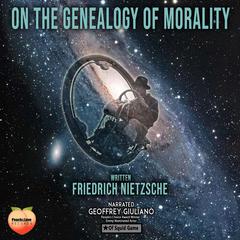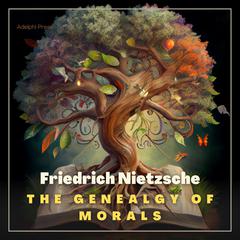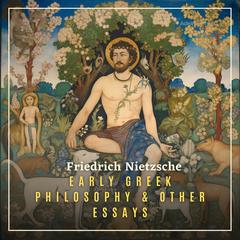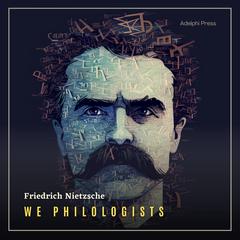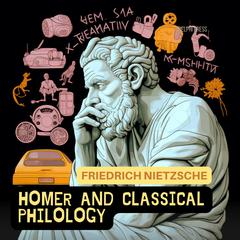 Play Audiobook Sample
Play Audiobook Sample
Über Wahrheit und Lüge im außermoralischen Sinne Audiobook
 Play Audiobook Sample
Play Audiobook Sample
Quick Stats About this Audiobook
Total Audiobook Chapters:
Longest Chapter Length:
Shortest Chapter Length:
Average Chapter Length:
Audiobooks by this Author:
Publisher Description
"Die Wahrheiten sind Illusionen, von denen man vergessen hat, daß sie welche sind, Metaphern, die abgenutzt und sinnlich kraftlos geworden sind, Münzen, die ihr Bild verloren haben und nun als Metall, nicht mehr als Münzen, in Betracht kommen." Nietzsches einziger sprachphilosophischer Essay, geschrieben 1873, veröffentlicht 1896, vorgetragen von Benjamin Lucas.
Download and start listening now!
Über Wahrheit und Lüge im außermoralischen Sinne Listener Reviews
Be the first to write a review about this audiobook!
About Friedrich Nietzsche
Friedrich Nietzsche (1844–1900) was a nineteenth-century German-born philosopher and classical philologist. He wrote critical texts on religion, morality, contemporary culture, philosophy, and science, using a distinctive German language style. In 1889 he exhibited symptoms of insanity and lived his remaining years in the care of his mother and sister. His ideas exercised a major influence on several prominent European philosophers, including Martin Heidegger, Albert Camus, and Jean-Paul Sartre.













